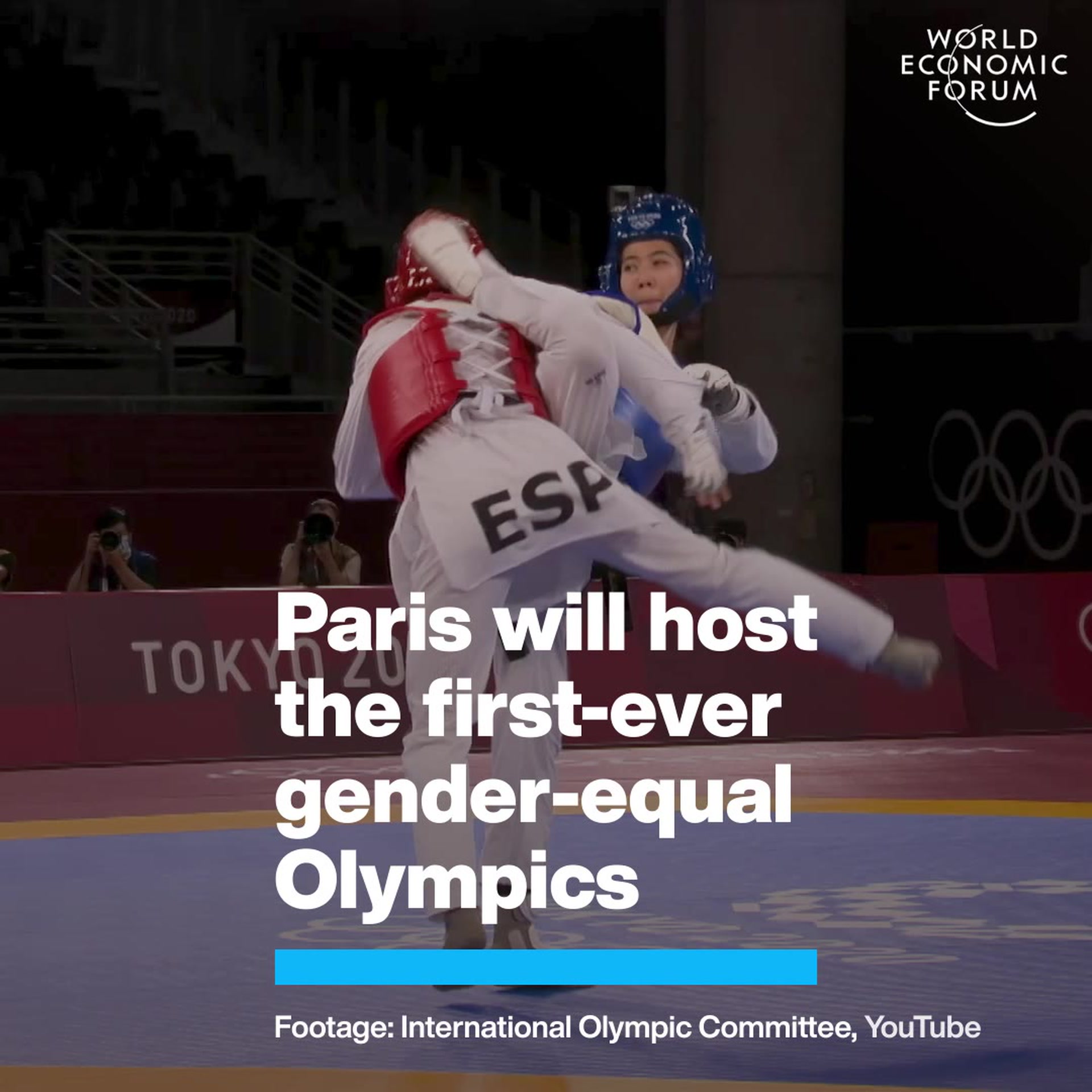Why has Facebook introduced ‘2G Tuesday’?


Get involved with our crowdsourced digital platform to deliver impact at scale
Stay up to date:
Media, Entertainment and Sport
This article is published in collaboration with Quartz Africa.
Simulation is a great way to design a product for users who don’t share the same context as you do. This is what Facebook aims to drill through to its staff by slowing down the site for one hour on Tuesdays.
Through the initiative—dubbed “2G Tuesdays”—the company hopes its staff will better understand what it’s like to access the platform via a 2G connection, a reality for many of its users living in the developing world. In Africa, Facebook has over 120 million active users, 57% of which access the platform using a feature phone with a 2G connection.
“They’re going to see the places that we need to improve our product, but they’re also going to see the places where we have made a lot of progress,” said Tom Alison, Facebook’s engineering director.
Earlier this month, the company optimized its news feed to allow users with slow connections access it quickly. Through other initiatives, like Internet.Org, Facebook Lite—a mobile app designed for 2G connections—and the company’s recent announcement that it will beam internet by satellite in Africa starting next year, it is clear that Facebook is betting on the “next billion” internet users—many of which still use 2G technology.
But all of these initiatives aren’t just philanthropic deeds. By optimizing the platform for slower connections and helping to improve access to the internet, Facebook wants to continue grow its user base rapidly in countries like India and Nigeria with the view to generating more revenue in the long term.
With 1.42 billion active monthly users by the end of the second quarter this year, the popular social network has become a mega advertising entity. In the second quarter of this year, 96.4% of Facebook’s revenue(pdf, pg. 8) came from advertising, while 76%, or $2.6 billion, of that ad revenue was derived from mobile advertising.
While Facebook is notching up billions of dollars in revenue in North America and Europe, its average revenue per user (ARPU) in the developing world lags behind, as Quartz has previously reported.
Figures from the company’s second quarter earnings for 2015 show how regions like Africa and South America (accounted for in the “rest of the world” category) generate 10 times less in average revenue per user (ARPU), than the two North American countries, US and Canada.
Publication does not imply endorsement of views by the World Economic Forum.
To keep up with the Agenda subscribe to our weekly newsletter.
Author: Sibusiso Tshabalala is Quartz Africa’s reporter in South Africa.
Image: People are silhouetted as they pose with mobile devices in front of a screen projected with a Facebook logo. REUTERS/Dado Ruvic.
Don't miss any update on this topic
Create a free account and access your personalized content collection with our latest publications and analyses.
License and Republishing
World Economic Forum articles may be republished in accordance with the Creative Commons Attribution-NonCommercial-NoDerivatives 4.0 International Public License, and in accordance with our Terms of Use.
The views expressed in this article are those of the author alone and not the World Economic Forum.
The Agenda Weekly
A weekly update of the most important issues driving the global agenda
You can unsubscribe at any time using the link in our emails. For more details, review our privacy policy.
More on Media, Entertainment and SportSee all
Victoria Masterson
April 5, 2024
Jesus Serrano
March 7, 2024
John Letzing
March 5, 2024
Spencer Feingold
March 4, 2024








